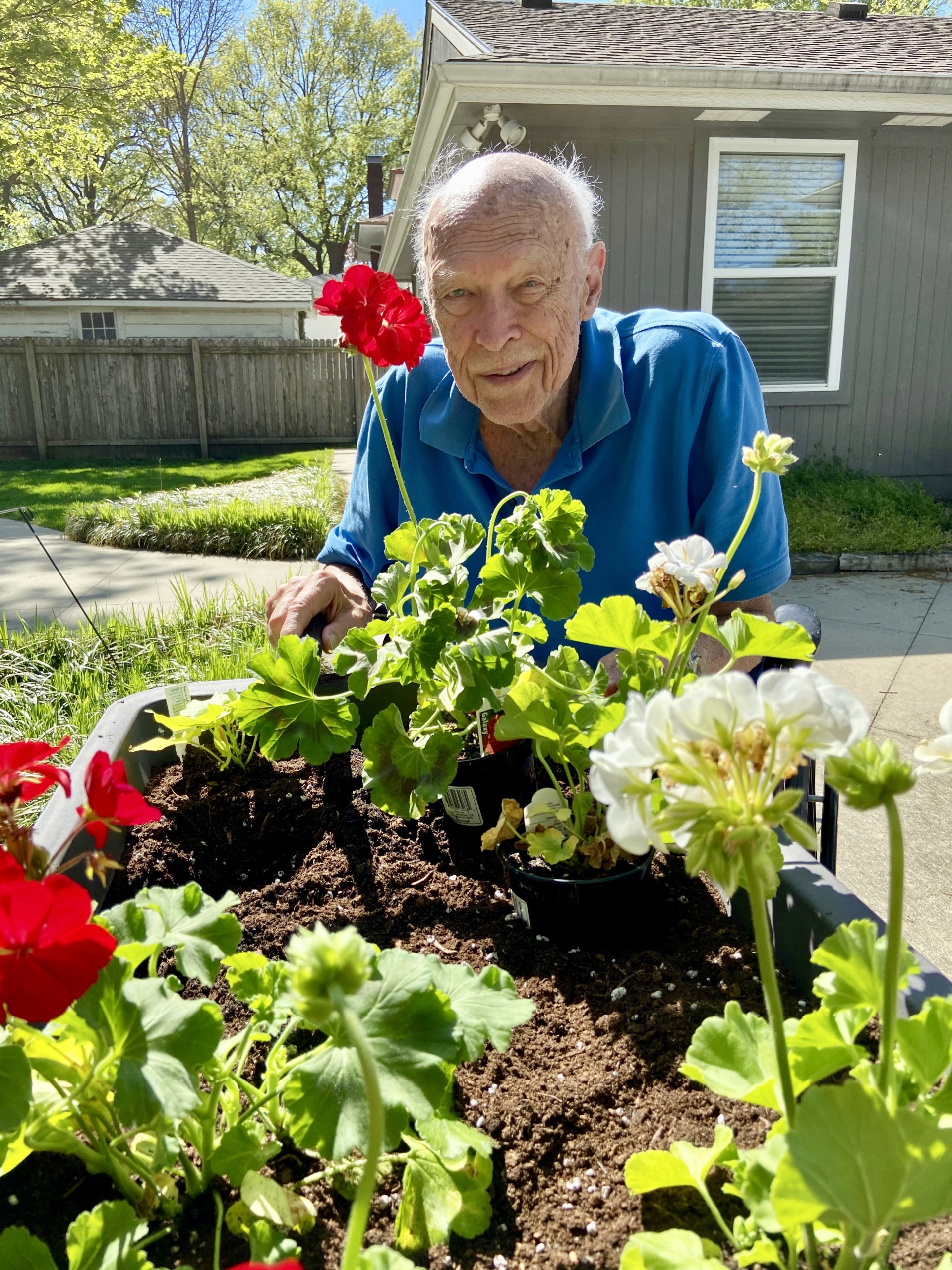Premier Charlotte Memory Care: Enhancing Lifestyle for Elders
Premier Charlotte Memory Care: Enhancing Lifestyle for Elders
Blog Article
What to Expect in Memory Care: A Detailed Overview to In-Home Services
As families come to terms with the challenges of caring for somebody with memory loss, the realm of in-home solutions supplies a lifeline of assistance and specialized treatment. Understanding what to expect in memory care is important for guaranteeing the well-being of both the specific with memory problems and their caregivers.
Daily Routines and activities
Involving in organized daily tasks and routines is a basic component of providing top quality look after people in memory care facilities. These tasks are carefully designed to deal with the specific requirements of residents with cognitive disabilities, such as Alzheimer's disease or dementia. Daily regimens play a vital function in maintaining a sense of knowledge, safety and security, and function for people in memory care.

Additionally, daily regimens help individuals in memory care facilities to really feel even more focused and much less distressed. Consistency in activities and routines can minimize complication and frustration, giving a sense of stability and comfort. Caregivers and personnel play a vital duty in promoting these activities, ensuring that each resident receives customized and caring care customized to their unique preferences and capabilities.
Specialized Care Solutions
Within memory care centers, specialized care services are necessary to resolve the one-of-a-kind demands and obstacles encountered by people with cognitive problems such as Alzheimer's illness or dementia. These services are designed to provide tailored assistance that satisfies the particular requirements of residents dealing with memory loss. Specialized care solutions in memory treatment facilities frequently include individualized treatment plans, assistance with tasks of everyday living, medicine management, and behavior modifications targeted at boosting lifestyle and reducing distress.
Moreover, memory treatment facilities generally offer organized programs and activities specifically made to promote cognitive function and promote social involvement among residents. These tasks may consist of memory-enhancing exercises, sensory excitement treatments, and memory treatment sessions. Furthermore, specialized care solutions usually include regular monitoring of citizens' health and wellness by experienced team member who are equipped to manage the one-of-a-kind difficulties associated with cognitive decrease.
Precaution and Setting
Carrying out rigid precaution and producing a secure setting are critical concerns in memory treatment centers to make sure the well-being and protection of citizens with cognitive impairments. Safety and security in memory treatment starts with secure structure design, including secured doors and kept an eye on entries to stop locals from wandering outside without supervision. Additionally, facilities commonly have security system and security cams to check citizens and respond rapidly to any emergency situations. Inside, the atmosphere is carefully prepared to minimize risks, with hand rails, get bars, and non-slip floor covering to stop falls. Furniture is organized to help with very easy navigation, and potentially hazardous things are secured away or eliminated. Employee obtain specialized training in handling emergency situations, de-escalating challenging behaviors, and making sure the safety and security of locals in any way times. Regular safety evaluations are performed to recognize and resolve any possible dangers promptly. By prioritizing precaution and maintaining a safe and secure setting, memory care centers aim to provide a safety and reassuring setup for people with cognitive impairments.
Communication and Interaction Techniques
With a concentrate on fostering meaningful interactions and enhancing lifestyle, efficient interaction approaches play a vital duty in supporting individuals in memory treatment centers. Interaction in memory care includes understanding the one-of-a-kind requirements of residents that may have cognitive disabilities like dementia. Simple language, clear instructions, and non-verbal signs such as gestures and facial expressions are necessary devices for reliable communication. Caregivers should approach residents with compassion, persistence, and respect, producing a helpful atmosphere where individuals feel understood and valued.
Engagement approaches are also vital in memory treatment, assisting residents remain active, stimulated, and attached to their surroundings. Tasks like music therapy, art courses, reminiscence sessions, and sensory excitement can stimulate memories, improve mood, and promote socializing. Customizing activities per individual's abilities and rate of interests is key to cultivating engagement and a feeling of accomplishment. In addition, integrating acquainted objects, pictures, and music from the person's past can provide convenience and stimulate positive memories. By focusing on individualized communication and interaction strategies, memory care centers can improve the general health and lifestyle for their locals.
Caretaker Support and Resources
Provided the important function caretakers play in implementing effective communication and interaction approaches for residents in memory care facilities, offering sufficient assistance and sources is important to ensure the well-being of both the caregivers and the individuals under their care. Caregivers in memory care settings frequently deal with distinct difficulties that can affect their check this physical and psychological wellness. To deal with these difficulties, different support group and resources are available to assist caregivers in providing the most effective possible treatment.
One essential type of support is caregiver education and training programs. These programs equip caretakers with the essential abilities and understanding to successfully handle the symptoms and actions connected with amnesia. Furthermore, support teams supply caretakers the chance to connect with others that are experiencing comparable challenges, giving a feeling of area and understanding.

Verdict

Engaging in structured day-to-day activities and routines is an essential part of offering high quality treatment for people in memory care facilities.Within memory treatment centers, specialized treatment services are necessary to resolve the distinct requirements and obstacles faced by individuals with cognitive disabilities such as Alzheimer's condition or mental deterioration. Specialized care solutions in memory treatment centers typically consist of individualized treatment plans, support with activities have a peek at this site of everyday living, drug management, and behavioral therapies aimed at improving high quality of life and decreasing distress.
Offered dig this the critical role caregivers play in carrying out efficient interaction and involvement approaches for homeowners in memory treatment centers, providing adequate assistance and sources is essential to ensure the well-being of both the caregivers and the individuals under their care. Daily tasks, specialized treatment solutions, security procedures, interaction methods, and caretaker assistance are crucial elements of in-home memory care.
Report this page